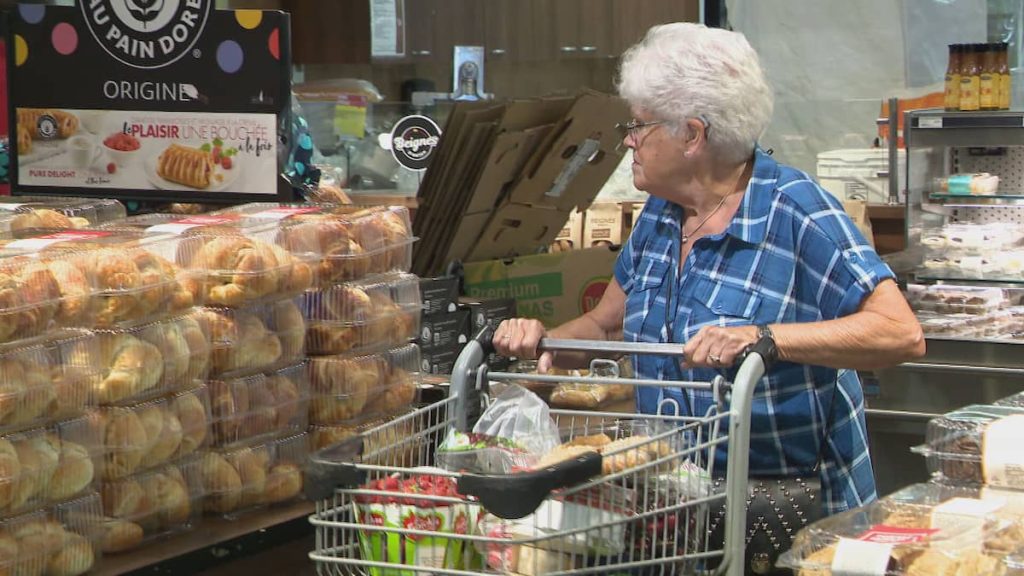
An exploratory study conducted by the Outaouais Development Observatory recently highlighted the alarming phenomenon of food deserts.
• Also Read: Homelessness solution: “It's not the city's responsibility, but it needs to be done”
The situation was observed in certain urban areas where no supermarket was available within one kilometer and less than 16 km in the rural sector.
This is especially true of Mansfields-et-Pontefract, Duhamel, Lo and Denholm.
The study shows that in the Hull sector, more precisely the Fournier and Sacre-Coeur boulevards, the problem of accessibility is more worrisome.
“It's always a concern because it affects very disadvantaged neighborhoods. We're not surprised, because these are problems we've known for some time,” declared Bellevue District Municipal Councilor Alicia Lacasse-Brunette.
In rural areas, especially towards Grand-Remus, we are talking about a problem which continues and which is becoming more and more difficult to solve.
“People [de Grand-Remous] “Those who want to go grocery shopping have to travel at least 70 kilometers round trip to get their groceries,” Grand-Remus Mayor Jocelyn Liret said.
According to the assembled stakeholders, while food banks can temporarily solve the problem, long-term solutions are needed.
“Businesses or subsidized community organizations are the perfect solution through food service points,” points out Francois Pay, general director of the Outaouais Consultation Table on Hunger and Social Development.
– with Charlotte Tremblay





More Stories
Sportswear: Lolle acquires Louis Garneau Sports
REM is still innovative enough to foot the bill
A trip to the restaurant with no regrets for these customers